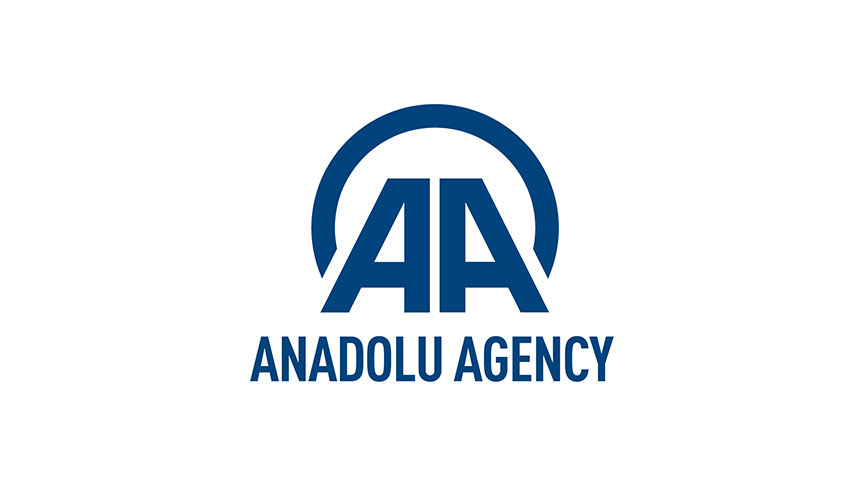- The Writer holds an MSc in Eurasian Political Economy & Energy from King’s College London and also an MA in European Studies from Sabancı University.
Among all the other major energy supplying countries, Turkmenistan is considered as potentially having the greatest reserves to boost the gas production of Caspian and particularly European gas consumers. According to BP’s Statistical Review of World Energy 2016, Turkmenistan holds the fourth largest proven conventional gas reserves in the world after Russia, Iran and Qatar, holding 9.4 percent of the total reserves. With the recent discovery of the second biggest Galkynysh gas field, Turkmenistan’s gas reserves are estimated to reach 17.5 trillion cubic meters (tcm). This substantial volume of natural gas could elevate the country and lead to Turkmenistan emerging as a Caspian energy power in the region in the years ahead.
Europe’s key intention has been to access Turkmen gas through a subsea pipeline that crosses the Caspian Sea as part of the Southern Gas Corridor project. Currently, Turkmenistan exports gas to Iran, Russia, China and Kazakhstan; however, with the construction of the Trans Caspian pipeline, Turkmenistan could potentially link to the Southern Corridor to export to the EU gas market.
In 2011, the Trans Caspian pipeline system was introduced to connect the EU with Turkmenistan and Azerbaijan to bring a new source of gas to Europe. A 300- kilometer long pipeline system would prove to be less costly and less technically problematic as other projects that stretch thousands of miles over continents. It is reported that 30 billion cubic meters (bcm) of gas can be exported through the Trans Caspian pipeline to Europe. Nevertheless, there has been very little progress since the project was proposed due primarily to a lack of interest from both sides.
There are territorial as well as diplomatic barriers which need to be overcome for the Trans Caspian pipeline to be realized. First of all, both Azerbaijan and Turkmenistan claim sovereignty over the Caspian offshore oil fields. Secondly, Russia and Iran have not favored this project from the very beginning since Russia claims that any infrastructural project that would involve the Caspian Sea needs to be approved by the five littoral states of the Caspian Sea, namely Iran, Azerbaijan, Russia, Turkmenistan and lastly, Kazakhstan.
The more challenging hurdles for the construction of this pipeline have been with the financial aspect of the project. As Robert M. Cutler, senior research fellow at the Institute for Eurasian Studies at Carleton University; and Mikhail Korchemkin, founder and executive director at the East European Gas Analysis clearly point out,
“A sizeable barrier to the project is Turkmenistan’s policy to leave the financing and construction of pipeline export routes to those that wants its gas. While China was willing to assume this responsibility in developing the Central Asia-China gas pipeline, and it did so relatively quickly, the potential players involved in building a trans-Caspian route have not yet resolved how to deal with Turkmenistan’s policy.”
Because the countries involved in this project have not resolved the project’s financial issues, one of the main pillars of the Southern Gas Corridor will not be realized until the major energy companies, the EU and transit countries shoulder the responsibility of bringing the project to fruition.
Although Turkmenistan has prioritized its gas market expansion towards China with the recently constructed Central Asia-China gas pipeline, with a volume of 30 bcm, this improvement does not necessarily mean that the Trans Caspian pipeline is not a viable option for both parties, and therefore the project should not be off the table.
As a potential Caspian energy powerhouse, Turkmenistan should see exploitation of its gas reserves as a feasible strategy for strengthening its position, which would also be a physically deliverable and commercially attractive prospect for both Turkey and the EU.
- Opinions expressed in this piece are the author’s own and do not necessarily reflect Anadolu Agency's editorial policy.


